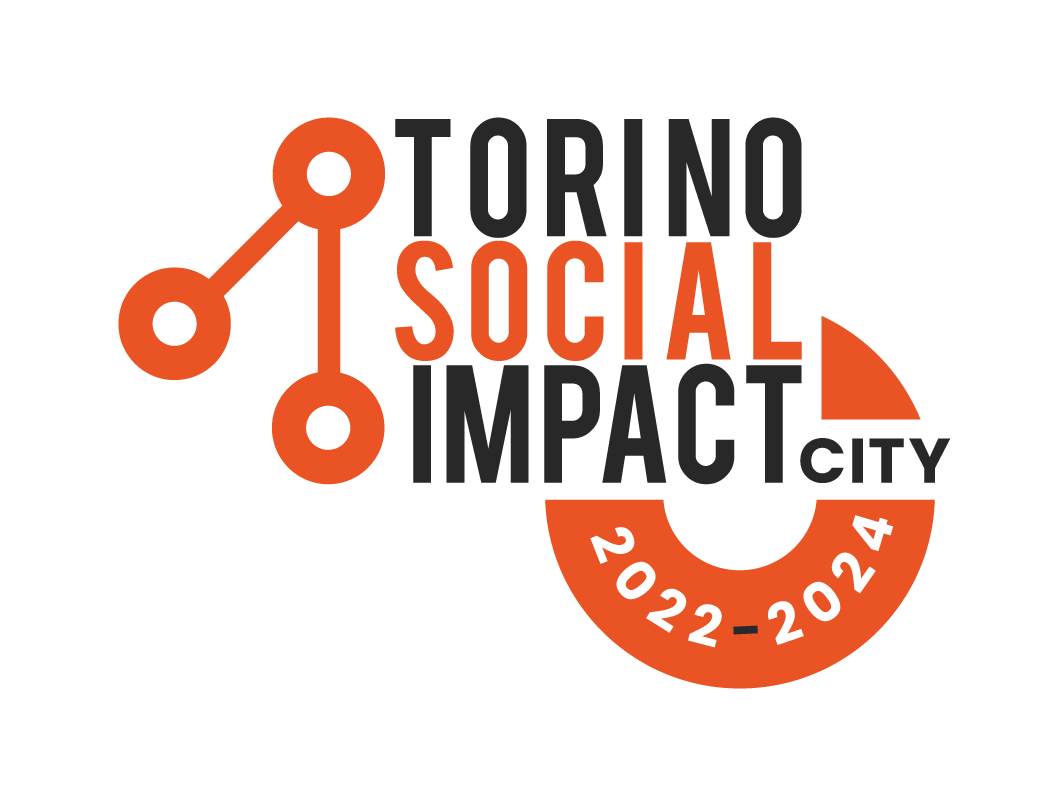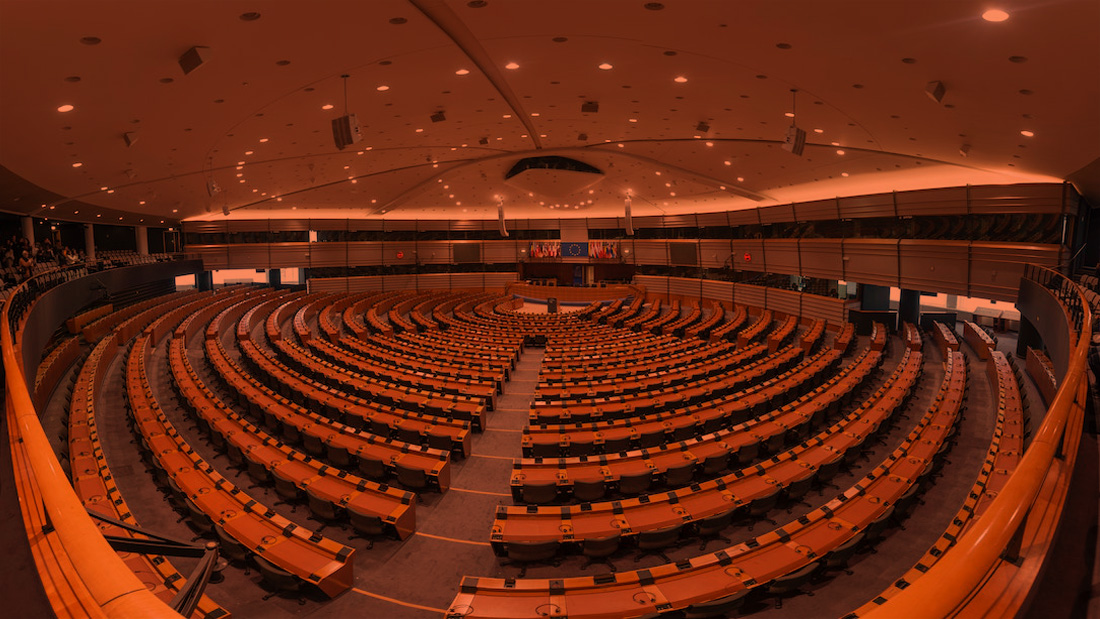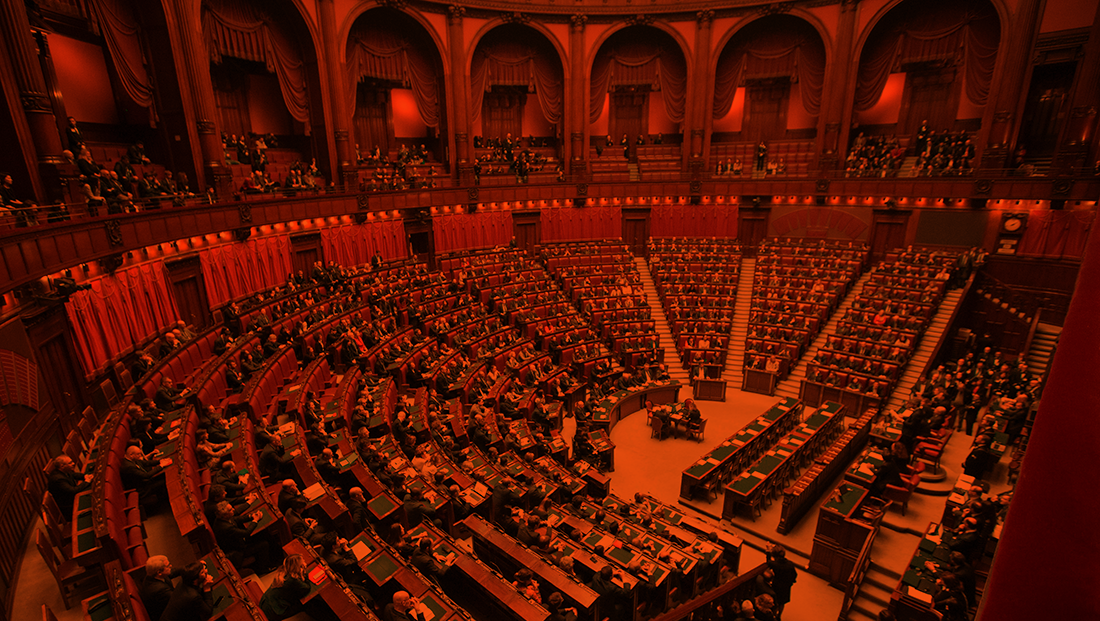At its 66th plenary meeting on April 18, 2023, the United Nations General Assembly adopted the resolution “Promoting the Social and Solidarity Economy for Sustainable Development”.
The resolution provides an official definition for the Social and Solidarity Economy and acknowledges that it can contribute to the achievement and localization of the Sustainable Development Goals.
Recognizing the role of the Social and Solidarity Economy in promoting democracy and social justice, the resolution also:
- Encourages Member States to promote and implement national, local and regional strategies, policies and programmes for supporting and enhancing the social and solidarity economy as a possible model for sustainable economic and social development, taking into account national circumstances, plans and priorities by, inter alia, developing specific legal frameworks, where appropriate, for the social and solidarity economy, making visible, when feasible, the contribution of the social and solidarity economy in the compilation of national statistics and providing fiscal and public procurement incentives, acknowledging the social and solidarity economy in education curricula and capacity-building and research initiatives and reinforcing entrepreneurship and business support, including by facilitating access for social and solidarity economy entities to financial services and funding, and encourages the participation of social and solidarity economy actors in the policymaking process;
- Encourages relevant entities of the United Nations development system, including United Nations country teams, to give due consideration to the social and solidarity economy as part of their planning and programming instruments, particularly the United Nations Sustainable Development Cooperation Framework, so as to provide support to States, upon their request and in accordance with their mandates and to identify, formulate, implement and assess coherent and enabling policy measures and frameworks for developing the social and solidarity economy as a tool for achieving the Sustainable Development Goals, and in this regard acknowledges the work of the United Nations Inter-Agency Task Force on Social and Solidarity Economy;
- Encourages multilateral, international and regional financial institutions and development banks to support the social and solidarity economy, including through existing and new financial instruments and mechanisms adapted to all stages of development;
- Requests the Secretary-General to prepare a report, within existing resources, in collaboration with the United Nations Inter-Agency Task Force on Social and Solidarity Economy, on the implementation of the present resolution, taking into consideration the contribution of the social and solidarity economy to the achievement of the 2030 Agenda for Sustainable Development and an inclusive, job-rich, resilient and sustainable recovery, and decides to include in the provisional agenda of its seventy-ninth session, under the item entitled “Sustainable development”, a sub-item entitled “Promoting the social and solidarity economy for sustainable development”.
Archivio:
 New legal opinion on true and fair shows company directors how to include sustainability in their financial accounts22 February 2024
New legal opinion on true and fair shows company directors how to include sustainability in their financial accounts22 February 2024 Corporate sustainability due diligence14 December 2023
Corporate sustainability due diligence14 December 2023 Introducing the Impact Taskforce (ITF) State of Play 202312 December 2023
Introducing the Impact Taskforce (ITF) State of Play 202312 December 2023 Coke launches $137.7m sustainability fund15 September 2023
Coke launches $137.7m sustainability fund15 September 2023 Impact Investing UK case study repository15 September 2023
Impact Investing UK case study repository15 September 2023 European Commission adopted a Proposal for non-profit associations13 September 2023
European Commission adopted a Proposal for non-profit associations13 September 2023 The Commission approves a proposal for Council recommendation for Member States on developing social economy framework conditions17 June 2023
The Commission approves a proposal for Council recommendation for Member States on developing social economy framework conditions17 June 2023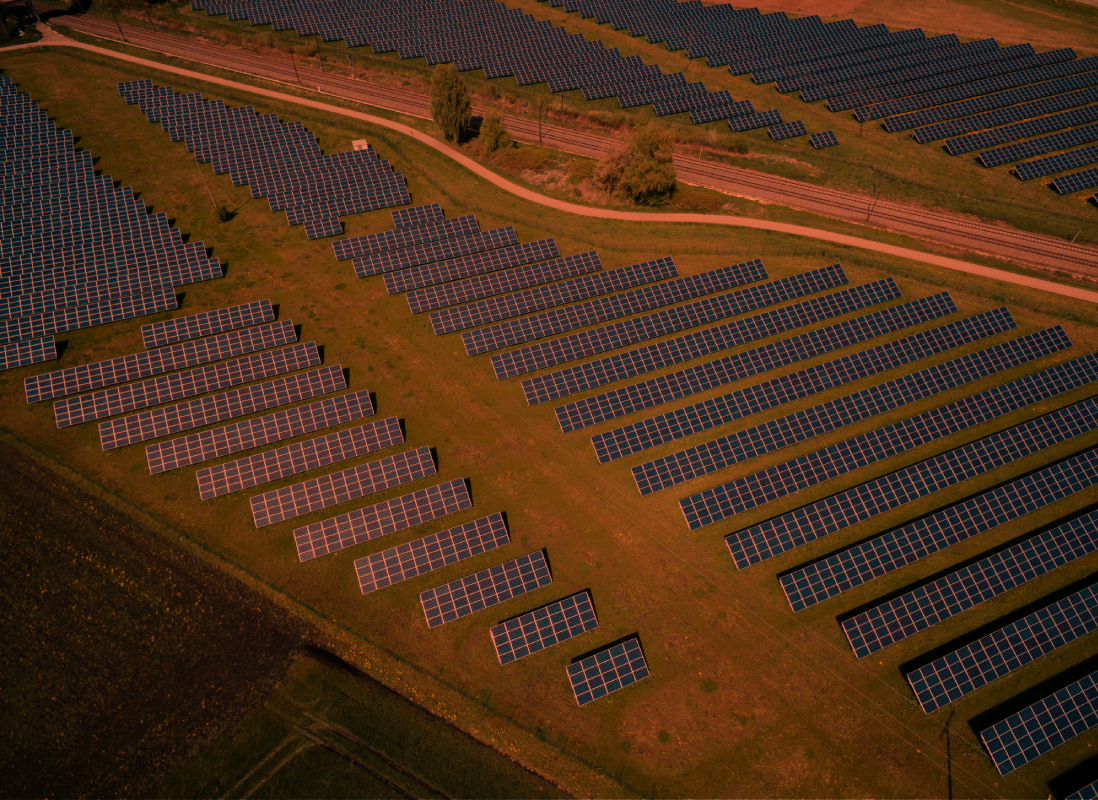 Updates from the ISSB Board for the issuing of global sustainability standards on January 202428 February 2023
Updates from the ISSB Board for the issuing of global sustainability standards on January 202428 February 2023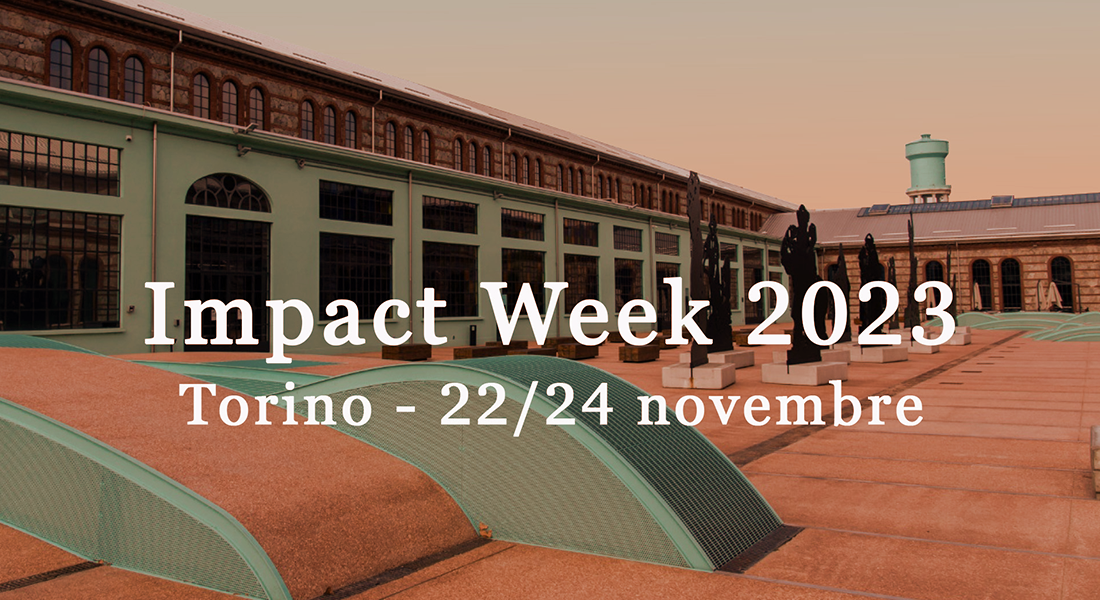 In 2023, Turin will be the European capital of social and environmental impact finance19 December 2022
In 2023, Turin will be the European capital of social and environmental impact finance19 December 2022 Turn in European social procurement policies16 December 2022
Turn in European social procurement policies16 December 2022 The transition pathway for proximity & social economy15 December 2022
The transition pathway for proximity & social economy15 December 2022 Social Value Matters Europe in October in Turin27 June 2022
Social Value Matters Europe in October in Turin27 June 2022 The Global Citizen Impact Funds02 May 2022
The Global Citizen Impact Funds02 May 2022 Mayors, unions and the International Energy Agency join forces to boost a just energy transition02 May 2022
Mayors, unions and the International Energy Agency join forces to boost a just energy transition02 May 2022 Social impact integrates the new European innovation ecosystems09 February 2022
Social impact integrates the new European innovation ecosystems09 February 2022 EU co-creation of the proximity and social economy ecosystem09 February 2022
EU co-creation of the proximity and social economy ecosystem09 February 2022 The Impact Taskforce: time to deliver07 February 2022
The Impact Taskforce: time to deliver07 February 2022 Italy: ten million for benefit companies10 December 2021
Italy: ten million for benefit companies10 December 2021 Peer2Peer: Amsterdam Impact29 September 2021
Peer2Peer: Amsterdam Impact29 September 2021 EU Social Taxonomy for a sustainable finance27 September 2021
EU Social Taxonomy for a sustainable finance27 September 2021 EVPA position paper on EU Action Plan for the Social Economy20 September 2021
EVPA position paper on EU Action Plan for the Social Economy20 September 2021 Generation Changemaker29 June 2021
Generation Changemaker29 June 2021 Social Stock Exchange, Paris launches an index for the best responsible and sustainable companies22 April 2021
Social Stock Exchange, Paris launches an index for the best responsible and sustainable companies22 April 2021 The Franchising Push for Social Impact31 March 2021
The Franchising Push for Social Impact31 March 2021 Report from the European Commission on Socially responsible public procurement (SRPP) in 27 countries22 March 2021
Report from the European Commission on Socially responsible public procurement (SRPP) in 27 countries22 March 2021 B20 at the start, in the sign of the impact revolution18 February 2021
B20 at the start, in the sign of the impact revolution18 February 2021 Everyone a Changemaker, Ashoka’s mission15 February 2021
Everyone a Changemaker, Ashoka’s mission15 February 2021 The Final Statement of The Economy of Francesco10 December 2020
The Final Statement of The Economy of Francesco10 December 2020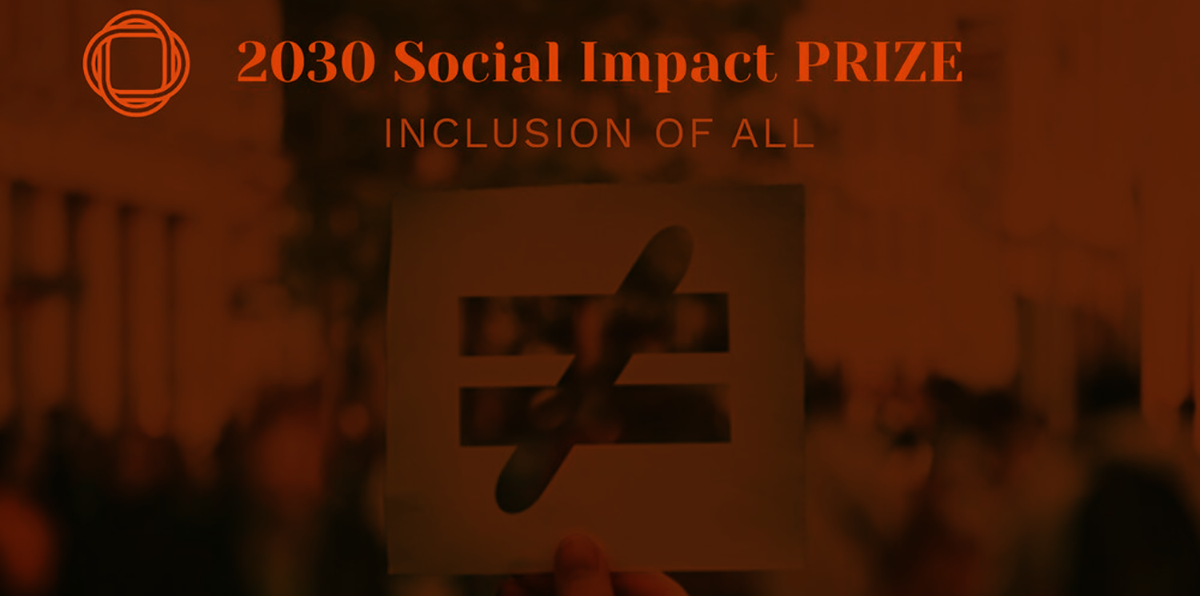 The Gaetano Marzotto Prize looks to social impact with the first edition of the 2030 SI Prize10 December 2020
The Gaetano Marzotto Prize looks to social impact with the first edition of the 2030 SI Prize10 December 2020 B Corp and B Movement Builders11 November 2020
B Corp and B Movement Builders11 November 2020 Road to Mannheim 2021, European Social Economy Summit08 October 2020
Road to Mannheim 2021, European Social Economy Summit08 October 2020 Responsible Banking07 October 2020
Responsible Banking07 October 2020 Cities and Social Impact Bonds05 October 2020
Cities and Social Impact Bonds05 October 2020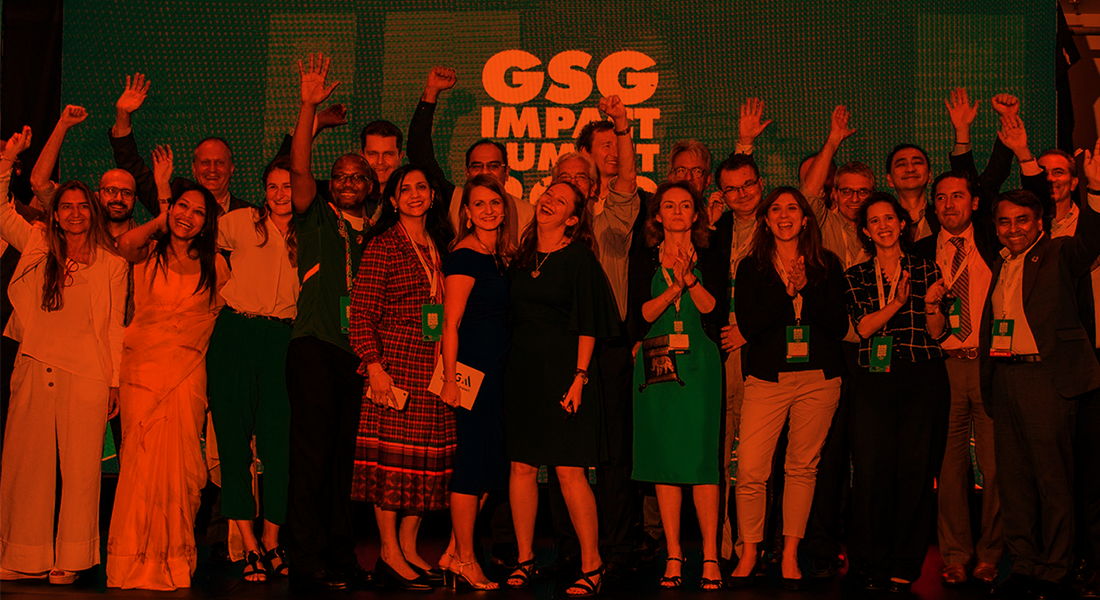 GSG leaders call governments for action to put impact at the heart of the Covid-19 economic recovery 30 September 2020
GSG leaders call governments for action to put impact at the heart of the Covid-19 economic recovery 30 September 2020 If not now, then when?22 May 2020
If not now, then when?22 May 2020 Sustainable finance: Commission welcomes deal on an EU-wide classification system for sustainable investments27 February 2020
Sustainable finance: Commission welcomes deal on an EU-wide classification system for sustainable investments27 February 2020 Strong Social Europe for Just Transitions27 February 2020
Strong Social Europe for Just Transitions27 February 2020 The Global Steering Group for Impact Investment18 November 2019
The Global Steering Group for Impact Investment18 November 2019
